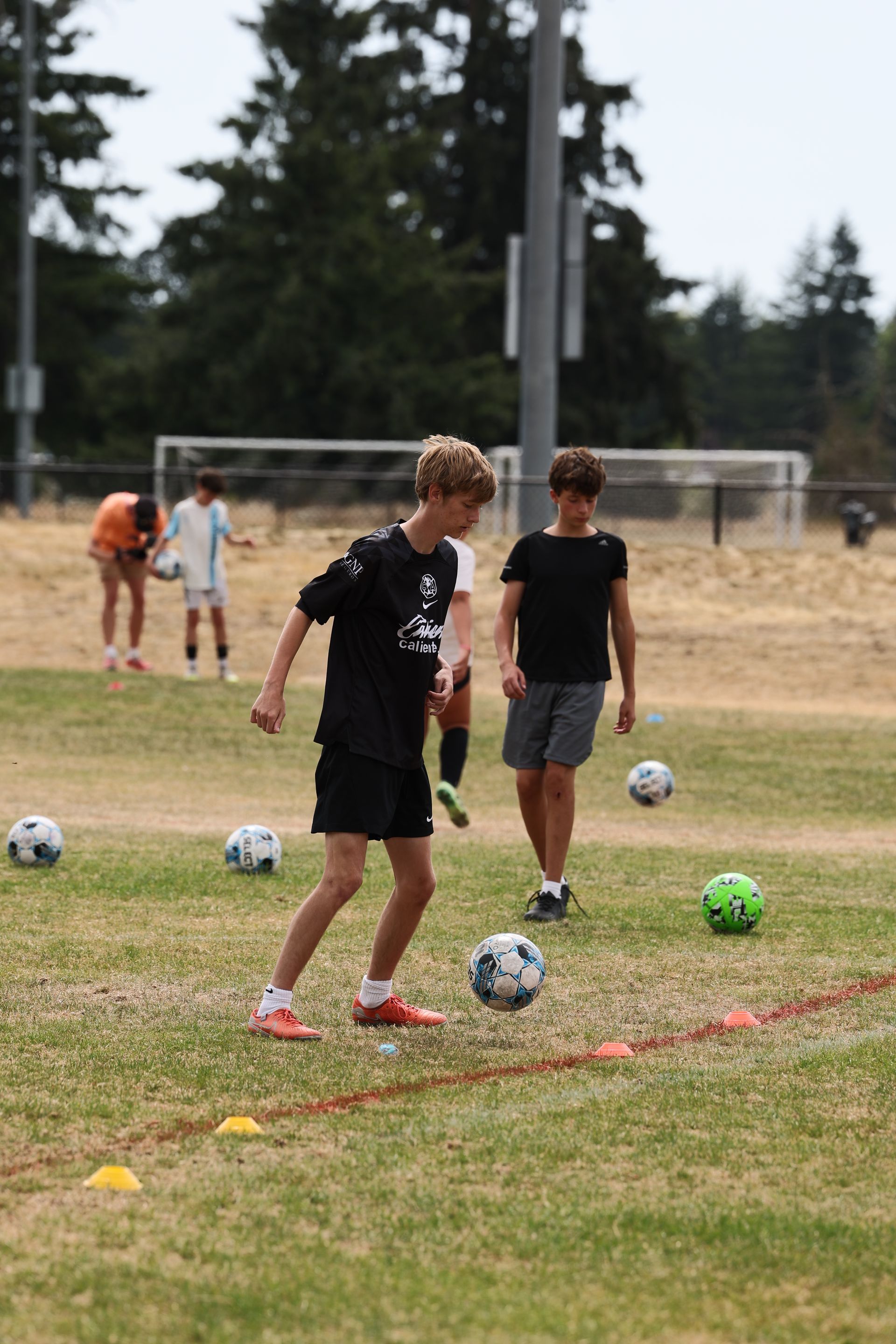
Physical Training Meets Spiritual Growth
"Train yourself in godliness, for the training of the body has limited benefit, but godliness is beneficial in every way..." – 1 Timothy 4:7-8
As a Christian coach, your calling goes beyond helping athletes win games—you’re shaping disciples. You stand at the intersection of physical development and spiritual transformation. Every practice is not just a time for building strength and skill, but an opportunity to nurture faith, resilience, and character in your athletes. When you intentionally combine physical training with spiritual growth, you raise up athletes who are not only strong in body but deeply rooted in Christ.
Why Physical Training Is Only Half the Equation
Athletic training is vital—it teaches discipline, grit, and endurance. But Scripture reminds us that while training the body has some value, godliness holds eternal worth. As you push your athletes to grow physically, remind them that their spiritual development is just as important.
Hebrews 12:11 says, "No discipline seems enjoyable at the time, but painful. Later on, however, it yields the peaceful fruit of righteousness to those who have been trained by it." Discipline—both physical and spiritual—prepares athletes to face adversity with a Christ-centered mindset.
Ways physical training can point to spiritual truth:
- Conditioning = endurance through trials (James 1:2-4)
- Strength-building = dependence on God’s strength (Philippians 4:13)
- Teamwork = body of Christ in action (1 Corinthians 12)
Coaching with Eternal Impact
As a coach, your influence stretches far beyond the scoreboard. You’re modeling what it means to follow Christ in every moment. Whether in drills or in post-game huddles, your words and actions help athletes shape their faith.
Colossians 3:23 encourages us, "Whatever you do, do it from the heart, as something done for the Lord and not for people." Remind your team that their workouts, games, and efforts matter—not just to you, but to God.
Ideas for integrating faith into coaching:
- Open practice with prayer or a short devotional.
- Use Scripture to frame themes like perseverance, unity, or humility.
- Celebrate character and spiritual growth—not just stats.
Developing Spiritually Resilient Athletes
Success in sports requires resilience. But spiritual resilience is what carries athletes through both victory and disappointment. Romans 5:3-4 reminds us that suffering produces perseverance, character, and hope.
How to foster spiritual resilience:
- Challenge athletes to reflect on what God is teaching them through adversity.
- Create a safe space for prayer and encouragement among teammates.
- Affirm identity in Christ over performance.
When athletes know their worth isn’t tied to wins or losses, they compete with peace and joy.
Practical Coaching Strategies
If you’re ready to fully embrace the dual role of trainer and spiritual mentor, start with small, consistent steps:
- Establish spiritual goals alongside athletic ones.
- Set aside time during the week for faith discussions or Scripture memory.
- Build mentorship moments—connecting athletes with godly leaders.
- Highlight fruits of the Spirit (Galatians 5:22-23) as coaching values.
This holistic approach transforms your team from just athletes into ambassadors for Christ.
The Bigger Picture: Preparing Athletes for Life
In 1 Corinthians 9:24-25, Paul compares the Christian life to a race—one that requires discipline, focus, and a goal greater than earthly rewards. Your role is to equip your athletes not only to win on the field, but to finish strong in faith.
Every sprint, rep, and game is a chance to point them toward Jesus.
Reflection Questions for Coaches:
- How can you consistently reinforce both physical and spiritual growth in your athletes?
- In what ways can you help athletes process competition through a biblical lens?
- What faith rhythms can you build into your training schedule?
By coaching with eternity in mind, you’re doing more than preparing athletes for competition—you’re preparing them to live boldly for Christ.
Recent Articles












